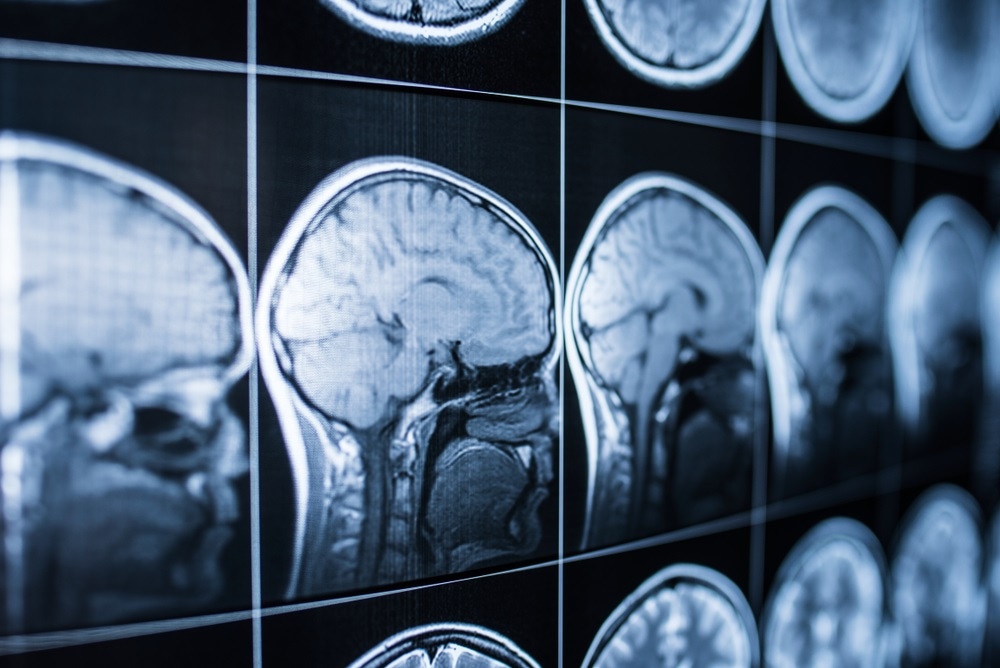
Traumatic brain injury 2.3 to four times more likely in homeless people
A team of researchers based in British Columbia, Canada, analyzed the data collected by numerous studies in high-income countries, including Canada, the USA, the UK, South Korea, and Australia.The findings, published this month in the journal Lancet Public Health, summarize that across all these studies, 53% of homeless people had suffered a TBI at least once in their lifetime, and some had suffered them on more than one occasion.
A TBI is an incident where a motor accident, fall, or assault results in a blow or jolt to the head, leading to damage to the brain, which can be long-term. Research has shown that these sorts of injuries are linked with neurological and psychiatric disorders.
The research also found that as well as being more likely to have suffered a TBI, homeless people were also more likely to have suffered what was deemed a moderate or severe TBI, defined by falling unconscious for a minimum of 30 minutes following the injury, or from suffering a visible injury or showing a lingering disability via an MRI scan.
A quarter of the homeless population studied had suffered these moderate to severe TBIs, whereas only 22% of the general population had ever experienced any form of TBI. Calculations revealed that the homeless population is between 2.3 to four times more likely to suffer a TBI.
Cause or consequence?
Given that a whole host of problems are associated with TBI, such as poor mental health, poor physical health, substance abuse, suicidal ideation, and involvement with the criminal justice system, those who have experienced one must be given the support they need in order to prevent these negative effects from prevailing.
Sometimes it can seem that damage to the brain is only a result of a severe impact, where obvious damage to the brain has disrupted blood flow and caused swelling. This is known to initiate a cascade of effects.
However, small injuries should not be overlooked. They can also cause significant damage at the microscopic level. Studies with athletes who have suffered TBI, such as boxers and footballers, have proven that mood regulation, depression, irritability, and problems with thinking and planning were a result of their injuries.
Medical professionals with a long history of working with homeless people have said that head injuries are often found at the root of a myriad of problems a person may be dealing with, highlighting the significance of these events.
A signal that help is required
The findings highlighted by the study should raise the alarm to healthcare professionals, governments, local authorities, and charities, signaling that action needs to be taken to protect the homeless population from TBI. Furthermore, strategies need to be established in order to protect injured people, who may develop mental health and physical troubles, from becoming homeless.A person can suffer a TBI before or after becoming homeless. It would appear that brain injury can contribute to the factors leading up to becoming homeless, and it can also occur because of increased vulnerability as a homeless person. There is clearly a need to address this, and more research will hopefully lead to successful interventions.






No comments
Post a Comment